The ALPS treated water release was declared safe, but a South Korean left-wing lawyer's group has filed a petition listing dolphins among its claimants.
August 29, 2023
By Ruriko Kubota
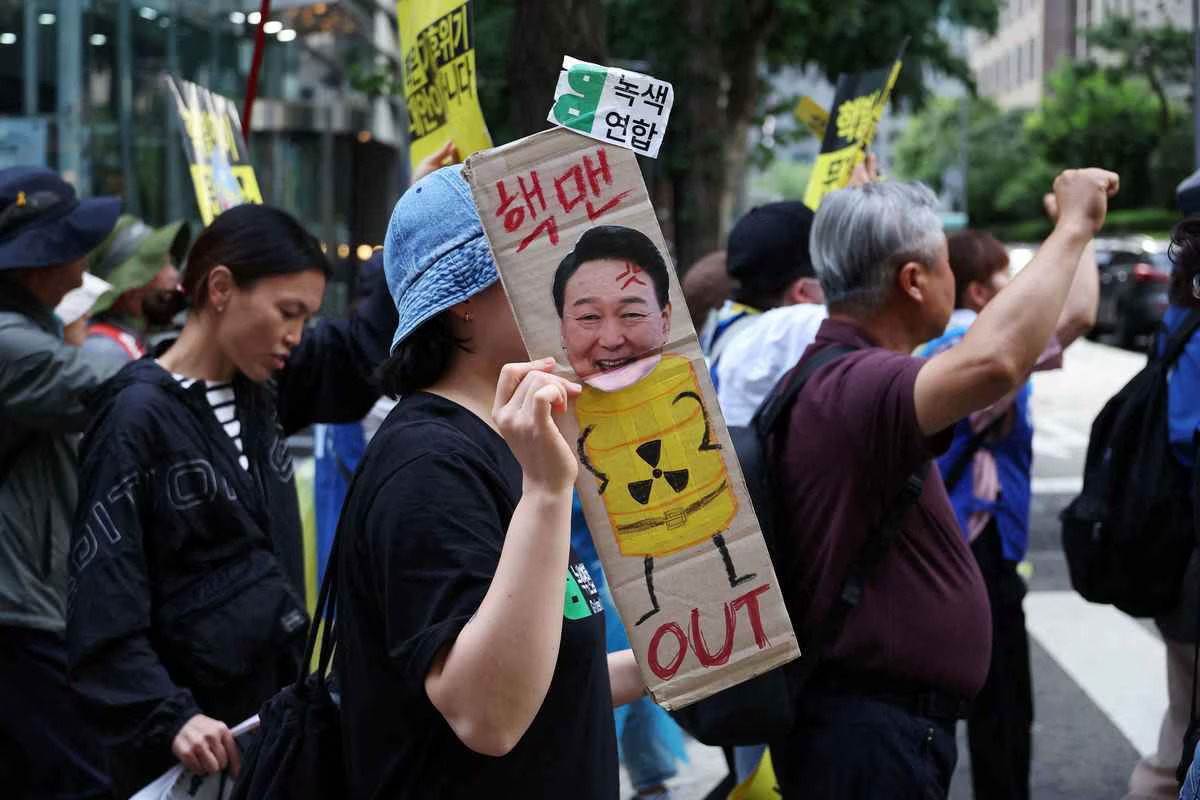
Tokyo Electric Power Company (TEPCO) began the release of treated water from the Fukushima Daiichi Nuclear Power Station on August 24. The move has sent those within South Korea opposed to the decision into a sheer frenzy. Calling the treated water "nuclear terrorism," opposition groups are expected to hold large-scale demonstrations.
Moreover, objection to the discharge has taken on an anti-government hue. Opponents have accused President Yoon Suk-yeol and other administration officials of violating the people's "right to life."
Their arguments against the release of the treated water are becoming increasingly irrational. Claimants have now added whales and dolphins off the coast of South Korea to the list of those "affected" in their litigation. To redress this propaganda, the Yoon administration has been holding daily press conferences and disseminating information on video platforms.
Lawsuits and Petitions
At the center of this opposition is the Democratic Party of Korea (DPK), the largest opposition party in South Korea. The party has gone so far as to call for the president's impeachment. Other forces have also linked up with this movement: For example, the anti-Japan civic groups and South Korean labor unions behind the lawsuits over what they call "wartime labor" and "comfort women sex slavery."
Perhaps the most notable constitutional petition came from Lawyers for a Democratic Society (Minbyun), which filed a petition with the Constitutional Court on August 16. Minbyun is the leading left-wing lawyers' organization in South Korea and is highly politicized. Past members include former presidents Roh Moo-hyun and Moon Jae In, and DPK leader Lee Jae Myung. Park Won-soon, the former mayor of Seoul who committed suicide over allegations of sexual harassment, was also a member.
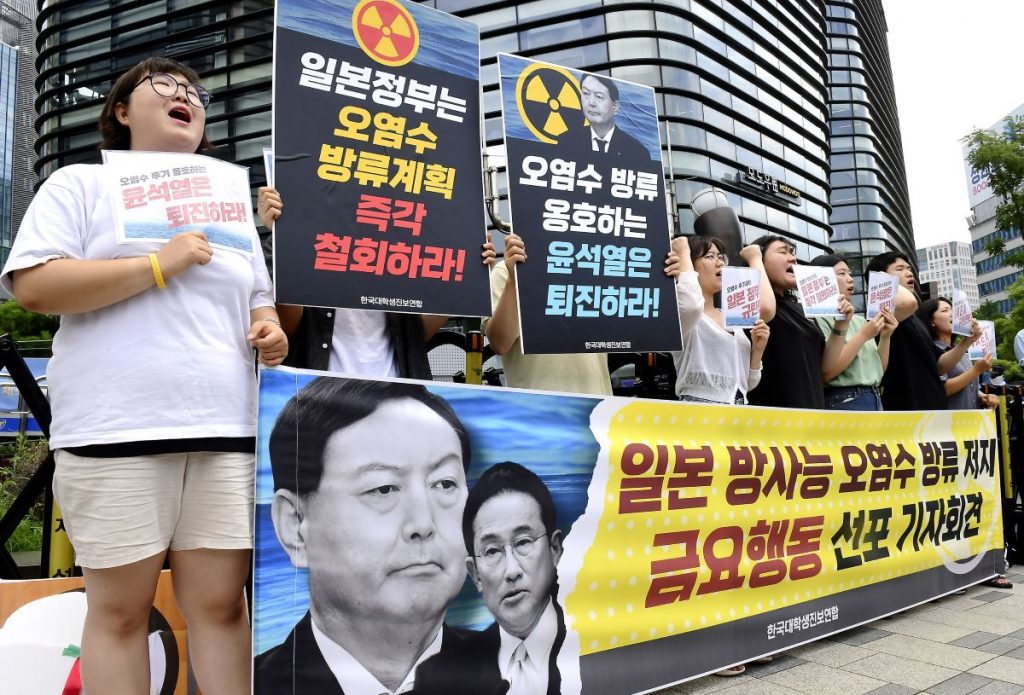
Dolphins and Whales Dragged Into Petition
Minbyun is suing all government agency heads associated with the treated water measures. Its list includes President Yoon, the prime minister, the foreign minister, the minister of Oceans and Fisheries, and the chairman of the Nuclear Safety and Security Commission. Minbyun claims that the Yoon administration has "failed to take diplomatic steps, conduct investigations, or provide information to the public to prevent Japan from discharging its wastewater. It has neglected its constitutional obligations, violating the claimants' fundamental human rights, including their right to life and right to know."
Female divers, fishermen, and the general public comprise the majority of the 40,025 claimants. However, 164 minke whales, bottlenose dolphins, and southern bottlenose dolphins that live along the coast also number among the claimants. Minbyun claims that these animals, too, were "deprived of their basic rights."
Lawsuits Dismissed
A task force of four progressive parties, including the DPK, submitted a petition to the UN Human Rights Council on August 17. The petition called for the suspension of the water release. Flouting all International Atomic Energy Agency (IAEA) reports, the petition lambasted the organization and Japan. "The IAEA did not conduct a proper verification of ALPS (Advanced Liquid Processing System), and Japan failed to submit proper data," it claims. According to one Korean political analyst, they aim "to make the issue a battle of international public opinion."
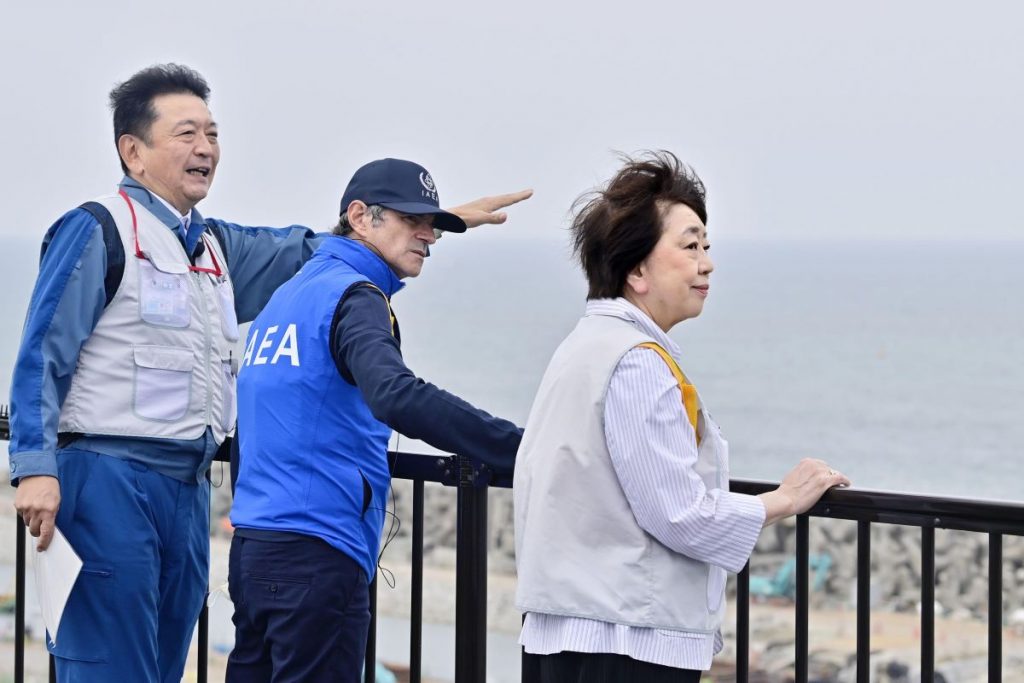
The same day, the Busan District Court dismissed a lawsuit filed by 16 representatives of local environmental groups against TEPCO. This civic group demanded that TEPCO "halt the discharge of contaminated water from the Fukushima nuclear power plant."
Anti-Japan Forces
Japan and South Korea are signatories of the London Convention on the Prevention of Marine Pollution, a treaty adopted in November 1996 to tighten pollution regulations. Citing this fact, the plaintiffs sought an injunction against Japan to stop the release. However, the court rejected the appeal, saying, "While the Convention establishes rights and obligations, it is not legally binding. Therefore, the treaty does not confer the right on a signatory party to prohibit the actions of another party."
Following the ruling, the plaintiffs expressed their intention to appeal the case. They angrily proclaimed, "The South Korean judiciary has destroyed justice for the people. It has undermined the sovereignty of the Republic of Korea and global justice."
Notably, the 16 plaintiffs have the support of 166 civic groups across Busan. These lawsuits and petitions regarding the treated water are characterized by the organized support of anti-Japan forces. There can be little doubt that this opposition movement is fomenting political conflict.
Both Politics and Media Split in Two
Regarding the start of the release of treated water, the South Korean government announced that "there are no scientific or technical issues with the Japanese discharge plan."
Both Japan and South Korea agreed that South Korean experts would regularly visit the IAEA's soon-to-be-established Fukushima Daiichi Nuclear Power Plant office. In South Korea, most scientists and experts believe that discharging treated water into the ocean will hardly have any impact on the sea or seafood. Conservative media also share the view that this is an issue that should be judged based on scientific findings.
Despite this, polls have shown that approximately 80% of the public is concerned about the treated water. This is due to anti-Japan forces stirring up fear over threats to the "safety and security of the people."
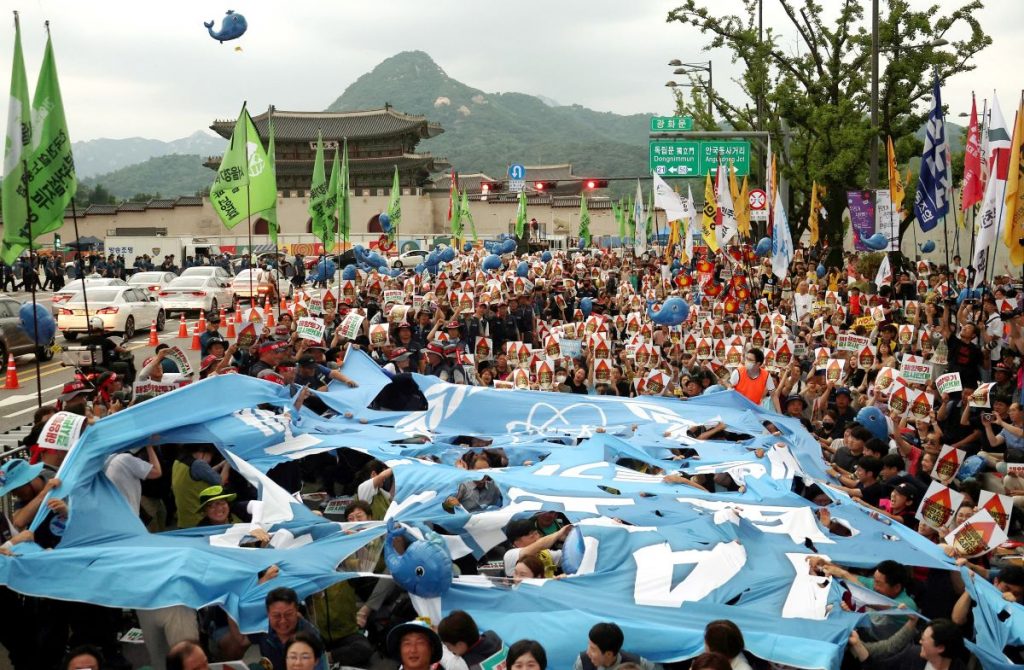 South Korean protestors tear up a giant banner depicting the logo of the International Atomic Energy Agency (IAEA) in central Seoul, South Korea, July 8, 2023. (© REUTERS/Kim Hong-Ji/File Photo)
South Korean protestors tear up a giant banner depicting the logo of the International Atomic Energy Agency (IAEA) in central Seoul, South Korea, July 8, 2023. (© REUTERS/Kim Hong-Ji/File Photo)However, in addition to this, major TV networks and left-wing media, such as KBS, have been consistently negative in their coverage. Reporting the treated water as "contaminated," they, too, are part of the opposition. Both the political world and the media are split in two.
In response, the Yoon administration has been holding daily press conferences. Under the slogan "These are the facts," the administration is working to provide scientific data to the public.
Ghost Stories
Since June 15, the first vice minister of the Office for Government Policy Coordination (OPC) under the prime minister has been answering questions from the media daily. In addition, the Prime Minister has been increasing the dissemination of information in various ways to counter the fake news circulating on the Internet. These fabrications and lies are called "ghost stories" in South Korea.
The Government of the Republic of Korea's official YouTube channel posted a video titled "Fukushima Contaminated Water Response Policy Information Summary." Also, the government's policy briefing on the official website includes a collection of documents, "10 Ghost Stories of Fukushima Contaminated Water."
These documents debunk the propaganda "ghost stories" through ten questions, namely: Did Yoon sign off the discharge despite the Moon administration's opposition?
Does the discharged wastewater contain radioactive materials?
Will the discharged wastewater hit our oceans three months later?
Following the discharge, will we import seafood from Fukushima?
Will sea bream from Fukushima come to our oceans?
Could Japan be doing this just to save money even though there are other ways to dispose of the contaminated water?
Is the IAEA siding with Japan?
Is our country just taking the IAEA at its word?
Will tritium be absorbed by fish and destroy the ecosystem?
Will the water contaminate our salt?
The government is seeking the public's understanding of the issue. For example, it has explained that the release of treated water containing tritium is "an internationally recognized disposal method."
No Room for Complacency
The battle between the Yoon administration and anti-Japanese forces over the treated water is now at a critical point. Whether the public is swayed by science or fear will determine the outcome.
At the root of this conflict is the pro-Pyongyang and pro-China leftist DPK. It seeks victory in the general elections in April 2024 by intensifying attacks against the Yoon administration and exaggerating the dangers of the treated water
Anti-Japan forces have been losing momentum since the political settlement between Japan and South Korea over the so-called "wartime labor issue." These groups, in particular, have been critical of the Yoon administration. It is as if they are seizing the opportunity to make up for lost ground. That means there is no room for complacency.
RELATED:



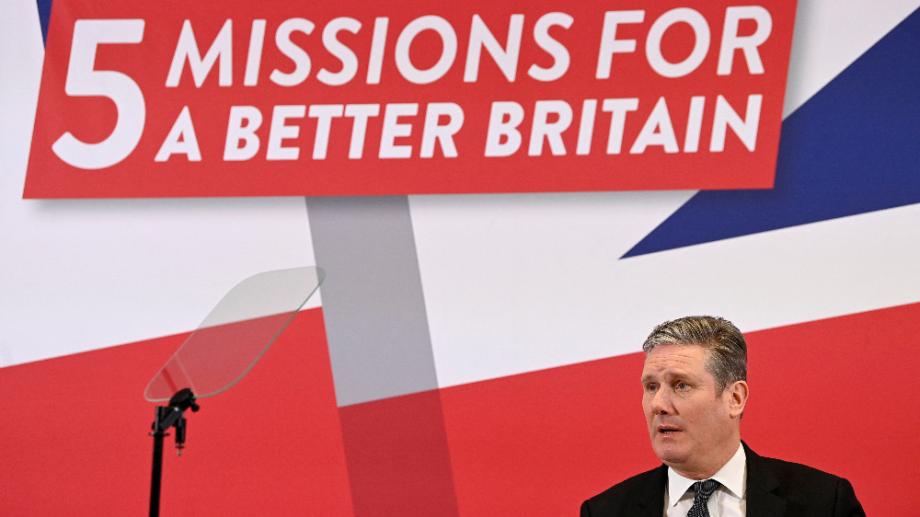

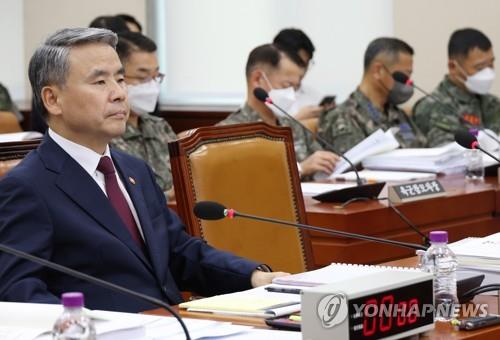




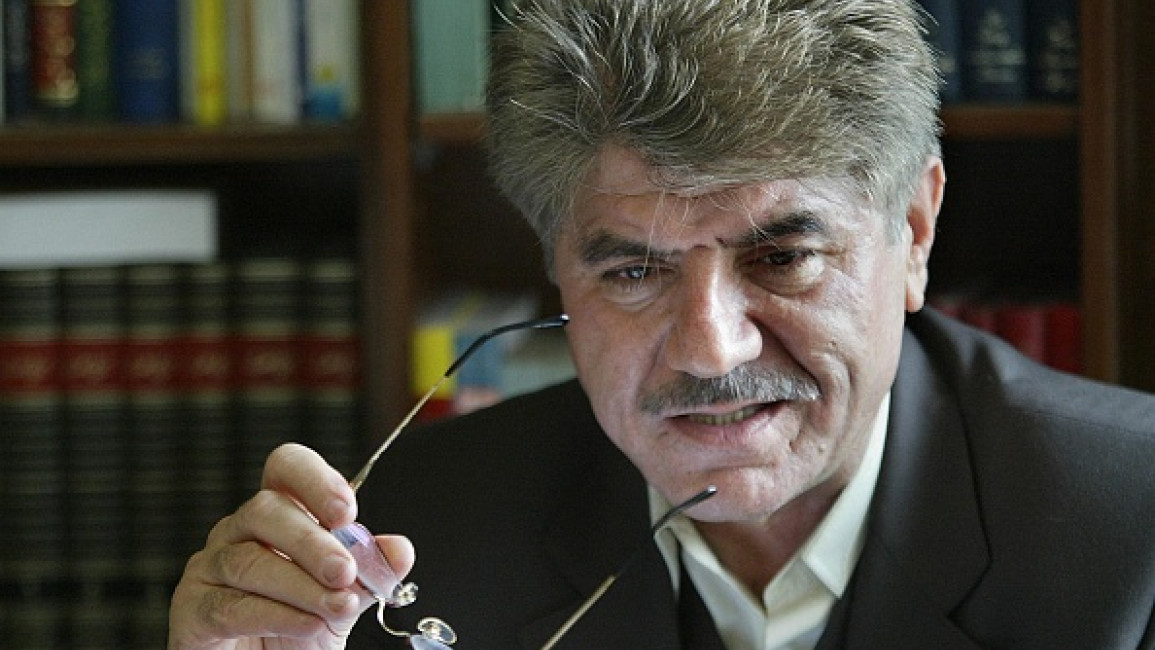
/i.s3.glbimg.com/v1/AUTH_37554604729d4b2f9f3eb9ad8a691345/internal_photos/bs/2023/i/B/YAvsJOSUAeG0mbNrBb3w/19bra-100-lula-a5-img01.jpg)
.jpg)

